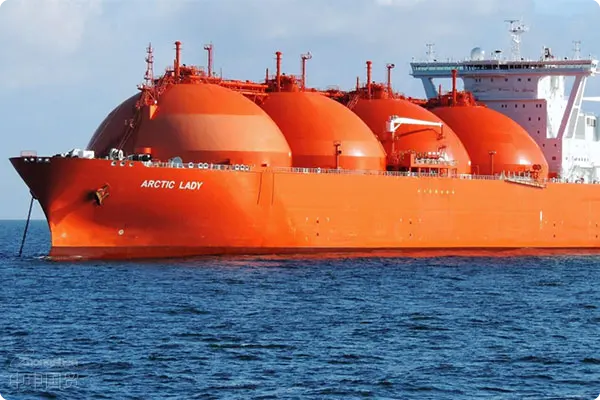- Shanghai Zhongshen International Trade Co., Ltd. - Two decades of trade agency expertise.
- Service Hotline: 139 1787 2118
In the past year, European countries dependence on Russian natural gas has increased, despite the continued existence of geopolitical tensions and energy security concerns. According to the latest report from the International Energy Agency (IEA), during the winter of 2023 - 2024, the imports of Russian natural gas transported through the gas pipeline system increased by 25% compared to the previous year. At the same time, Europes imports of Russian liquefied natural gas (LNG) also showed an upward trend.

According to the analysis of IEA experts, this growth is partly due to the technological modernization and capacity expansion of Russias Sakhalin gas plants in its Far East region and Western Siberia. The upgrading and expansion projects of these plants are expected to continue to drive the growth of Russias LNG exports in 2024. The IEA pointed out in its Gas Market Report - Second Quarter 2024 that compared with the heating season of 2022 - 2023, Russias LNG exports to Europe increased by 1%.
It is worth noting that although Belgium, France, and Spain are the main export destinations of Russias LNG, and these three countries together absorb 80% of Russias LNG exports to the Old Continent, the IEA warns that if European countries decide to abandon Russian LNG for political reasons, Russian producers may still not encounter market problems. This is because the demand for LNG in African and Southeast Asian countries continues to grow, which may compensate for the reduction in the European market.
In addition, the IEA report also mentioned that although the total imports of Russian pipeline gas in the entire European Union increased by 9% year - on - year during the winter of 2023 - 2024, after the terrorist attacks on the Nord Stream gas pipeline and some controversial political decisions made by Brussels, the total demand for Russian gas has dropped to less than 10% of the European total. Alexander Novak, the Russian Deputy Prime Minister in charge of energy affairs, pointed out that due to various factors, Russias gas exports through pipelines are expected to decrease by 29.9% in 2023, to 99.6 billion cubic meters.
Despite facing many challenges, including international sanctions and the politicization of the market, Russia is still striving to maintain its position as a major global energy supplier. However, the degree of European countries dependence on Russian energy has attracted widespread attention, especially in the current geopolitical context. While reducing their dependence on Russian energy, European countries are also actively seeking alternative energy sources and enhancing energy security to cope with possible future supply disruptions or political risks.
Related Recommendations
? 2025. All Rights Reserved. 滬ICP備2023007705號(hào)-2  PSB Record: Shanghai No.31011502009912
PSB Record: Shanghai No.31011502009912









